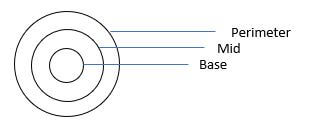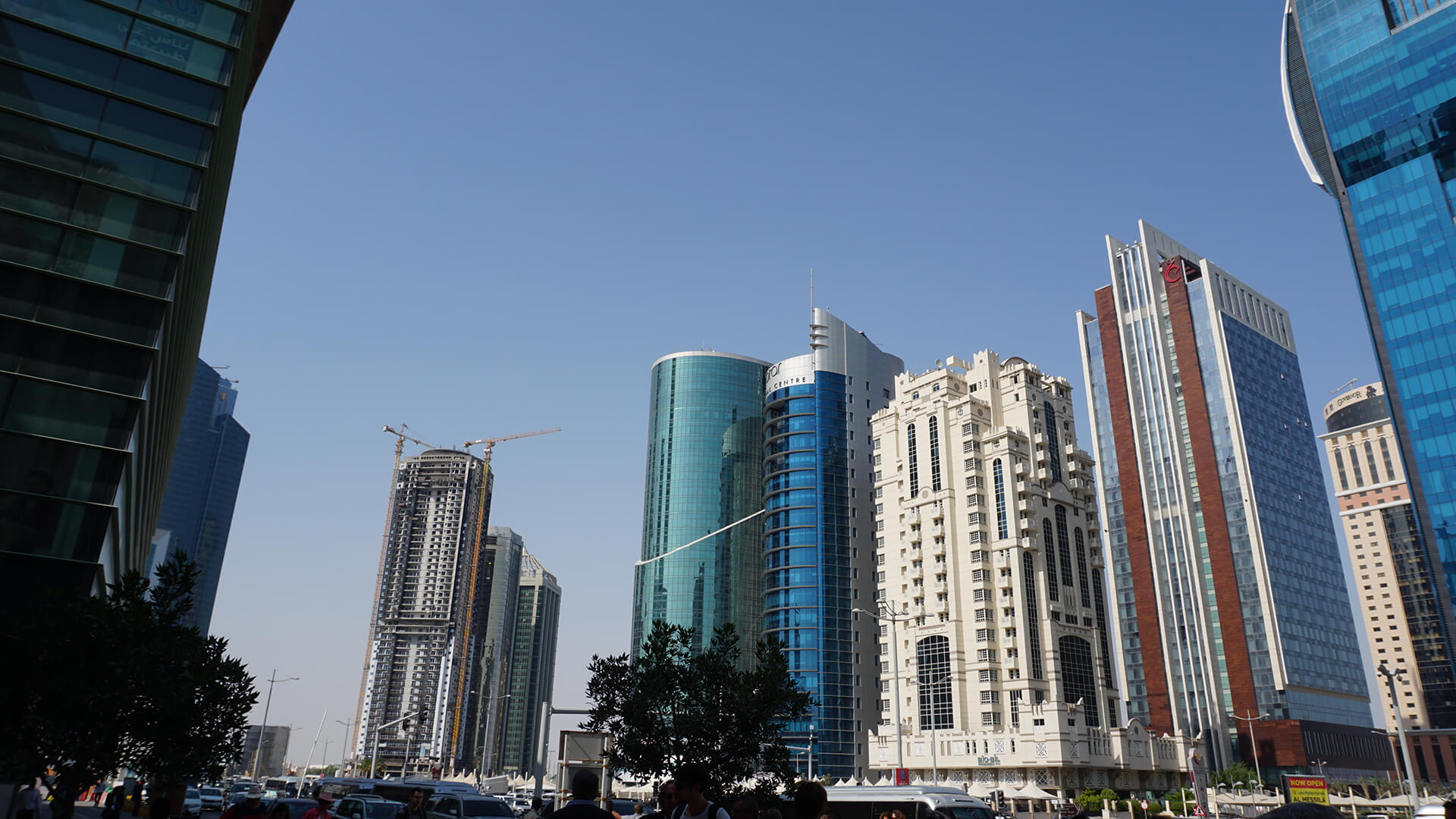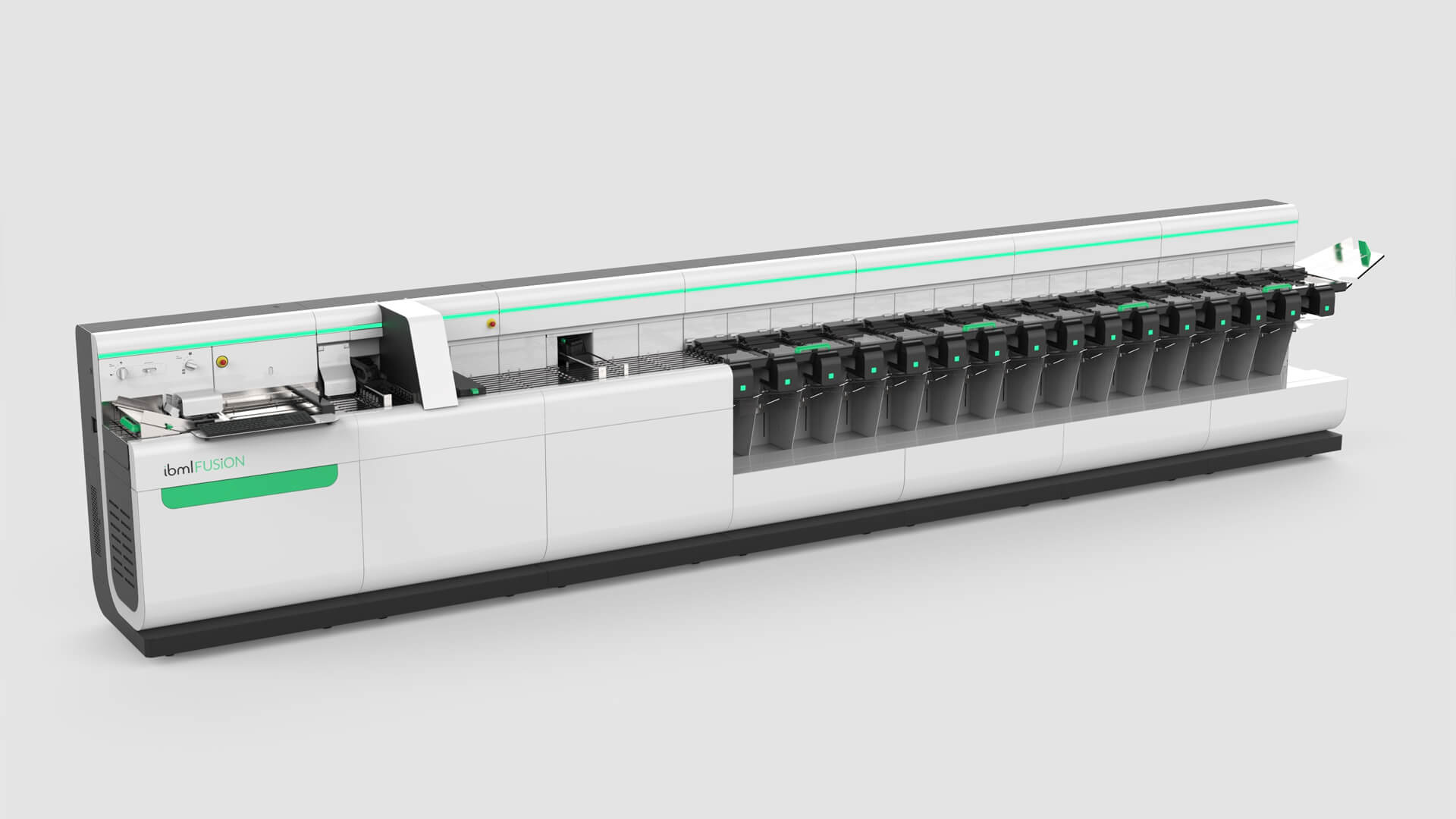Kodak Alaris has announced that it will host a series of dynamic webinars from August through to October 2020 for organizations in the Middle East, Turkey, Africa and Russia (METAR) region.
The first of the five free webinars, entitled ‘Covid 19: Impact, Trends, and The Way Forward’ will take place on Wednesday, August 26, 2020 at 3:00pm Gulf Standard Time (GST). Experts from the company will discuss the effects of the pandemic in the business sector and educate regional organizations on how to leverage everything from Work from Home (WFH) technologies, Artificial Intelligence (AI) and Robotic Process Automation (RPA) to Cloud Computing in order to drive business continuity in these uncertain times.
Speaking about the webinars, Naji Kazak, General Manager, METAR at Kodak Alaris says, “2020 has highlighted the importance of business continuity and resilience. Now more than ever, it’s vital for businesses to focus on digital transformation. Imagine being able to utilise key technologies to improve efficiency, minimise costs, transform business processes, and streamline remote team collaboration, all whilst improving customer engagement. As a leading provider of information capture solutions that simplify business processes, Kodak Alaris through its webinars aims to show organizations just how to do that.”
In the first 1-hour webinar Kodak Alaris will break down:
• How COVID-19 has changed the business landscape
• Predicted work trends post-pandemic · Digital transformation strategies to streamline business continuity and collaboration whilst working remotely
• How to leverage RPA and AI and Cloud Computing for optimal results
• Ways to maximise efficiency, simplify collaboration, and cut costs simultaneously
There will be a Q&A at the end of the webinar. The schedule of the webinars is as follows:
• COVID-19: Impact, Trends, and The Way Forward- Wednesday, August 26, 2020, 03:00 PM GST
• Delivering a Better Patient Experience at Lower Cost- Wednesday, September 09, 2020, 03:00 PM GST
• Helping Government Agencies Serve Citizens- Wednesday, September 23, 2020, 03:00 PM GST
BFSI – Automate Business Processes to Improve Customer Experience and Enhance Compliance- Wednesday, October 07, 2020, 03:00 PM GST
Coping with the Diversity of Data in the Retail and Logistics Markets- Wednesday, October 21, 2020, 03:00 PM GST
To register for the webinars, please click on the following link.













